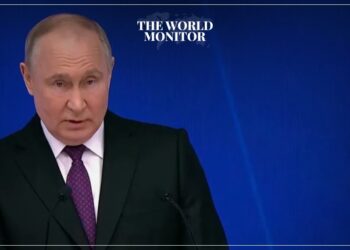Lebanese Energy Minister Walid Fayad, in a telephone interview with Al Arabiya channel, stated that his country is awaiting the arrival of gas shipments from Egypt by August 23. Lebanon’s Electricité du Liban announced on Saturday that its power generation stations had depleted their fuel supplies and would cease electricity production until more supplies are secured.
Fayad added, “Electric generators are temporarily providing power for Beirut airport for two days.”
Lebanon has been suffering from a severe electricity shortage for years, especially since the country fell into an extended financial crisis in 2019. The Lebanese Energy Minister mentioned that the country is awaiting gas shipments from abroad to support power stations and noted that the government has taken preemptive measures in anticipation of running out of fuel.
Homes and businesses in Lebanon largely rely on generators and, increasingly, solar panels to obtain energy, as the state typically provides electricity for only a few hours a day, according to the Associated Press. Electricité du Liban stated on Saturday that a power outage across all of Lebanon occurred after the last group of power generators completely went out of service due to fuel depletion.
The power outage includes critical facilities among which are Beirut’s airport and port as well as water pumps, sewage systems, prisons, and other locations.
Lebanon’s economic situation remains dire and complex, exacerbated by ongoing regional conflicts and internal challenges. The country has been facing severe economic turmoil since 2019, with no signs of significant improvement. The Lebanese economy, which experienced brief periods of minor growth due to factors like summer tourism and remittances, has been pulled back into recession by the recent Gaza conflict and its broader regional implications. This has severely affected Lebanon’s growth prospects, undermining any potential stabilization efforts. As of now, the economy is characterized by hyperinflation, a banking sector crisis, and a significant public debt burden.
The Lebanese government’s limited electricity provision, heavily reliant on generators and increasingly on solar power, underscores the infrastructure challenges amidst these economic conditions. The ongoing financial crisis has led to a sharp contraction in economic activity, with high poverty rates and a strained public services sector.






